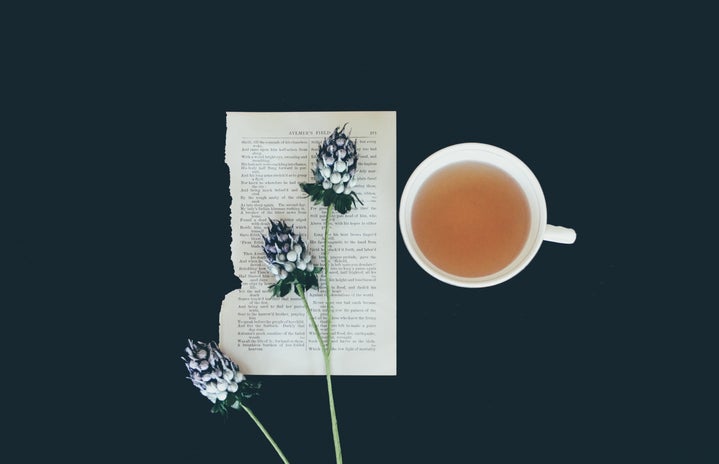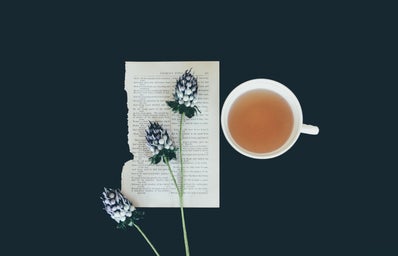Just a disclaimer but this article touches upon sensitive topics such as death and grieving which some readers may wish to steer clear of. For those who stay, I hope this can help you to feel less alone, or at least comforted in the knowledge that there are ways to move through the strange juxtaposition of newness and endings that January brings.
January: suddenly the biting weather is no longer Christmassy, and skies scudded with one endless, grey shawl are no longer festive. Confetti clings damply to the pavement; infinite tubs of leftovers need cleaning and putting away; you can only catch a fading trace of fireworks on a passing breeze, and then it’s gone. Pocketing your list of New Year’s resolutions, already crumpled and falling apart, you take a deep breath, inhaling alteration, and exhaling a past self.
As the Earth completes the revolve of its orbit, we are asked to evolve, to change. But just as January is a time of regeneration, it is also a time of loss. The Independent claims that the first month of the year holds a greater number of deaths than any other time; many people are shedding their New Year’s sequins and slipping into mourning attire. In my own life, I lost my beloved Grandmother or “Ma” on the morning of Burns Night, a poignant date for a Falkirk woman who loved poetry. As Ma remained in the Princess Alice Hospice for the month leading up to her passing, the traditional time of rebirth was tinged by strange feelings of grief and uncertainty.
Particularly being a young person dealing with loss in the New Year, the experience was isolating. Most people my age may not have had a close family member pass away, and it is easy to feel misunderstood. While the New Year’s parties raged on, I curled up at home with my siblings, lighting a candle, and toasting our family matriarch in her last days.
This brings me to the first action that enabled me to live with loss this January: spending time with family. When it feels like no one understands, conversations and closeness with people who knew Ma were incredibly affirming. Whether giggling over memories, sharing stories, or saying nothing at all, finding unity in sorrow largely dispelled my sense of exile.
I found similar comfort in immersing myself in my family history and Scottish heritage. Learning phrases from Ma’s Scots dialect, reading her old love letters (she kept all of them!), and researching highland folktales allowed me to hold on to all the parts that made her up, and to feel connected to her beyond life’s frail membrane. When my family attempted to begin a process of clearing out her flat, it was surreal seeing her relics emptied out on her bed, as if she had liquified, dissolved, dispersed into a blanket of trinkets, crucifixes, and pieces of fabric. However, by collecting a few items that reminded me of her, I have been able to feel as though she is with me all the time.
Another great source of grounding during this difficult time of metamorphosis and bereavement has been the natural world. In each lingering walk between the train station and the hospice over the course of that month, I was struck not by despair so much as by the sound of birds overhead, chittering to their young, by the moss resiliently making its way up the tree trunks, by the frost-encrusted footprints of those who had walked the same path before me. It was rather beautiful to me, how life could and would go on irrespective of our human suffering. I found peace in how branches look like nervous systems or arteries. It soothed me to think that perhaps all organic things are inexorably intertwined, that perhaps Ma was going back to the earth, and that I will encounter her again when she is a thistle, and I, a field mouse collecting dew from her spines.
Finally, and all in good time, I am led to the last thing that has helped me. Ma’s final pieces of advice to me were to live every moment fully, to find joy in the small things, to stop and smell the flowers. As a result, I am trying to allow myself to slow down. How do you adapt and change during January when you are grieving? My answer: maybe you don’t have to. Maybe you can decide when the New Year begins for you. Maybe you can take each dawn and evening as they come, searching for little pockets of love and beauty to savour. Maybe that’s what life is.
I’ll conclude with a line best enjoyed with a dram of whisky and the ones you love: “Here’s tae us wha’s like us, damn few, and thy’re all deid.”


